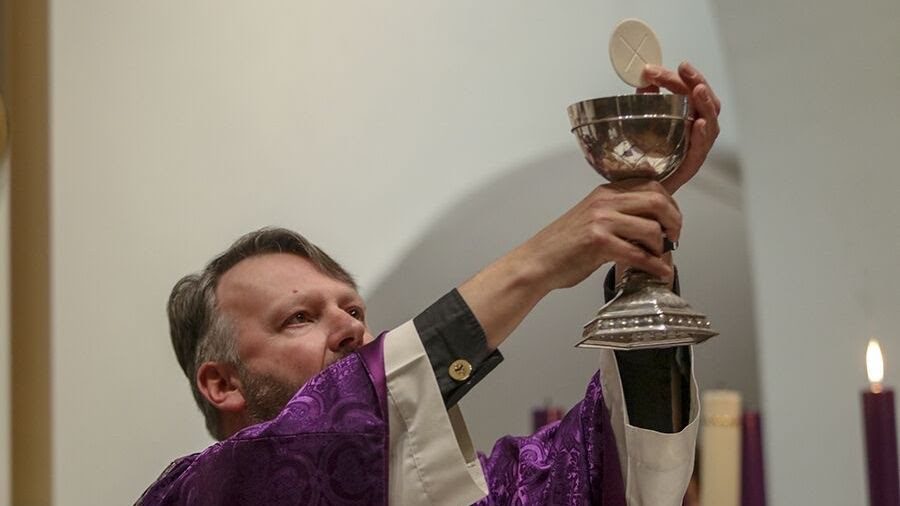I was surprised this week by the announcement that six Dr. Seuss titles are being withdrawn from publication, chief among them, And to Think That I Saw it on Mulberry Street. As a good liberal, albeit with an antiquarian bent, I felt upset given that my children are being raised on a literary diet consisting of a large dollop of Dr. Seuss, including this title. The justification given for withdrawing Mulberry Street was straightforward enough: it depicts a stereotype of an Asian man with slits for eyes running down Mulberry Street while eating a bowl of rice. In 1937, when Theodor Seuss Geisel penned his prose, racial stereotypes were as commonplace as the casual racism that fueled them. Fast forward to the moment we find ourselves in, with attacks against Asian-Americans on the rise nationwide, it makes sense to withdraw from sale children’s storybooks that contain offensive and hurtful stereotypes.
That said, I do not see myself needing to absolve Theodor Geisel of his unconscious or conscious racial bias given his abhorrence of Nazism, anti-Semitism and American Isolationism. However, I would not want to live on his evocation of Mulberry Street; nor would I want my children to imagine themselves living there either. Just yesterday, my middle child was horrified as he read aloud, Ruby Bridges Goes to School, in which white parents jeered at Ruby, the little black first-grader, as she was escorted into school by federal marshals. After finishing the book he said that, if he had been in that school, he would never have met his best friend who is black. No doubt, Theodor Geisel would have affirmed my son’s sense of horror and sadness and encouraged him to reread, The Sneetches. It’s a wonderfully absurd story about diversity in which the citizens of Sneetchville coexist peacefully, despite superficial differences, once they learn to treat each other as they themselves would like to be treated.
Onward in tolerance,



